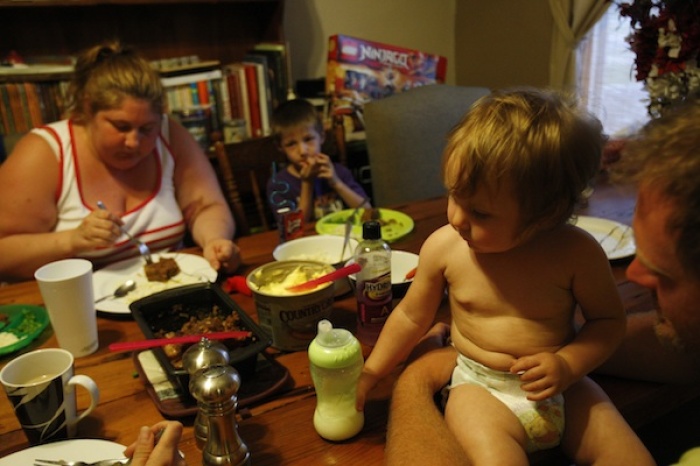Federal judge strikes down gov’t rule that would have cut food stamps for 700,000

Agreeing that it could have resulted in dire consequences for vulnerable groups, a federal judge on Saturday struck down a final rule from the U.S. Department of Agriculture that would have kept nearly 700,000 unemployed able-bodied adults without dependents from accessing food stamp benefits.
“Eight months into the COVID-19 pandemic, which has rocked the economy, killed nearly 220,000 Americans, quadrupled the national unemployment rate, and dramatically increased the number of Americans forced to reckon with hunger this year, the United States Department of Agriculture (‘USDA’) is pursuing implementation of a Final Rule to ‘dramatically alter the long-standing operations’ of the Supplemental Nutrition Assistance Program (‘SNAP’), by stripping States of their current flexibility in providing this food assistance benefit,” Chief U.S. District Judge Beryl A. Howell of Washington D.C. said in a 67-page opinion.
“Despite the agency’s blinkered effort to downplay or disregard the predicted outcomes of the Final Rule, the backdrop of the pandemic has provided, in stark relief, its procedural and substantive flaws.”
In January, calling it “arbitrary, capricious, an abuse of discretion” and contrary to law, 14 states, New York City and Washington, D.C., filed a lawsuit to vacate the final rule. By March, as the coronavirus pandemic began to unfold, the coalition swelled to include 19 states and other private organizations. The court also granted an injunction to stop the imposition of stricter requirements for able-bodied adults without dependents to access SNAP.
The coalition argued in their lawsuit that the rule, originally set to take effect on April 1, 2020, directly undermined Congress’ intent for SNAP, that the USDA violated the federal rulemaking process, and that the rule would impose significant regulatory burdens on the states and harm states’ economies and residents.
“At a time of national crisis, this decision is a win for common sense and basic human decency,” New York Attorney General Letitia James said in a statement Sunday. “This Trump Administration rule was cruel to its core and ran counter to who we are and what we represent as a nation. If implemented, this rule would have not only made it harder for thousands to feed their families and risk them going hungry, but would have exacerbated the public health crisis we face and the economic recession we are still in the midst of under President Trump’s lack of leadership.”
U.S. Secretary of Agriculture Sonny Perdue had argued in earlier reports that the final rule, which was expected to be fully implemented in 2021, would move more able-bodied food stamp recipients toward self-sufficiency and into employment.
Able-bodied adults between the ages of 18 and 49 without dependents are restricted under federal law to three months of benefits within a 36-month period unless they work at least 20 hours a week or participate in certain educational or job-training activities.
Current USDA regulations allow for states to waive the work requirement if the area's unemployment rate is 20 percent higher than the national rate. The rule would not have applied to children and their parents, those older than 50, senior citizens, those with a disability, or pregnant women.
Howell noted that the USDA rule “at issue in this litigation radically and abruptly alters decades of regulatory practice, leaving States scrambling and exponentially increasing food insecurity for tens of thousands of Americans.”
She further noted: “The agency has been icily silent about how many ABAWDs would have been denied SNAP benefits had the changes sought in the Final Rule been in effect while the pandemic rapidly spread across the country and congressional action had not intervened to suspend any time limits on receipt of those benefits. In the pandemic’s wake, as of May 2020, SNAP rosters have grown by over 17 percent with over 6 million new enrollees.”



























